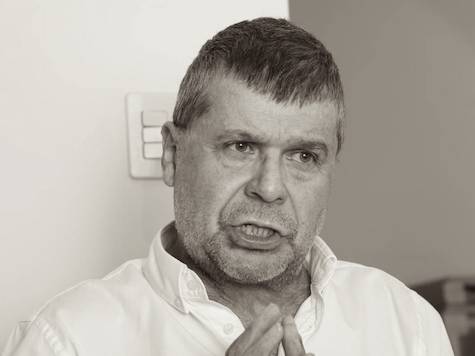As part of the commemoration of the world cancer dayAbelardo Meneses, director of the National Institute of Cancerology (INCan), specified that the factors that predispose to the development of cardiovascular diseases and diabetes mellitus, which, along with cancer, occupy the highest mortality rate in the country.
In between 30 and 40 percent of cancer cases in Mexico can be prevented if exposure to risk factors is reduced cHow to be in contact with tobacco smoke, wood smoke, high-calorie diets, human papilloma virus (HPV) infections, hepatitis B and C, pollutants, solar radiation and physical inactivity, said the expert.
However, in the last three years and due to the COVID-19 pandemic, timely cancer diagnosis has been put on holdsince the health sector focuses its attention on the control of the pandemic.
Several types of cancer are curable if detected early, so it is important to diagnose in the early stages.
“In the initial phase, the disease is potentially curable; On the other hand, in the late stage it becomes more complex because it is necessary to combine chemotherapy, radiotherapy, surgery and all the care,” Meneses pointed out.
Why did the COVID pandemic affect early cancer detection?
A study revealed that in the next few years there will be a considerable increase in cases of lung, breast and colon cancer, this derived from the covid pandemic.
Impact Study of the COVID Pandemic on Cancer Prevention and Control in the National Health System explains that the analysis focuses on four types of cancers: breast, colon, lung and hematological.
It is also detailed that during the little more than two years of health emergency by COVID-19, the application of tests to detect cancer was stopped, so now the diagnoses can appear suddenly.
Now there could be diagnoses but with the most advanced cancer in the body of people and therefore life expectancy is reduced.
Cancer is one of the most complex health problems worldwide, with a constant effort to make timely diagnoses, it will be possible to avoid an increase in new cases that, according to estimates by the World Health Organization (WHO), will reach more than of 323 thousand people by 2023.
In Mexico are diagnosed close to 191 thousand cases of cancer per year, of which 84,000 die, according to data from the Mexican Institute of Social Security (IMSS) and aa mortality rate of about 14 percent.
With information from EFE.
:quality(70)/cloudfront-us-east-1.images.arcpublishing.com/elfinanciero/CL73DERCZZDCXK7ST3RVZ35Q5M.jpg)

